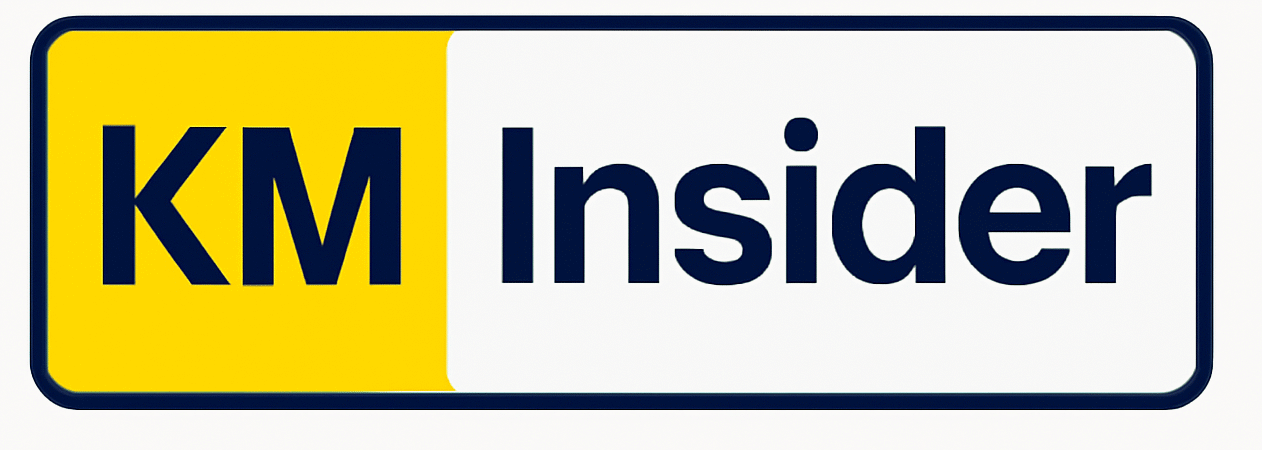Finding the right knowledge management system doesn’t have to come with a high price tag. In fact, many powerful platforms are available completely free — making it easier for startups, small teams, and nonprofits to organize, share, and retrieve knowledge effectively.
This guide explores the top free knowledge management tools for 2025, evaluating their features, limitations, and ideal use cases.

Why Use Free Knowledge Management Tools?
Free KM tools allow teams to:
- Centralize information without cost
- Improve internal collaboration
- Reduce repeated work
- Maintain better project documentation
They’re particularly useful for small to mid-sized businesses that need structured knowledge systems but don’t have enterprise-level budgets.
Comparison Table: Free Knowledge Management Tools (2025)
| Tool | Best For | Key Features | Limitations |
|---|---|---|---|
| Notion | Small teams, personal KM | Templates, blocks, real-time editing | Limited permission control |
| Confluence | Software teams, documentation | Jira integration, templates, hierarchy | Max 10 users (free) |
| Obsidian | Personal note systems, offline access | Graph view, markdown, privacy | No real-time collaboration |
| TiddlyWiki | Lightweight custom wikis | Fully offline, HTML file, macro/plugin support | Manual syncing needed |
| BookStack | Structured, self-hosted team wikis | Page hierarchy, markdown, access control | Requires self-hosting |
| Outline | Internal team collaboration | Slack integration, polished UI | Self-hosted only (free) |
| DokuWiki | Long-term document retention | ACL, plugin ecosystem, flat file storage | Dated interface |
| Zim Wiki | Offline note-taking and page linking | Local storage, page structure | No cloud or web access |
| AppFlowy | Privacy-focused Notion alternative | Rust/Flutter, kanban, open source | Early stage product |
| Slab | Startups, elegant internal docs | Clean UI, GitHub/Slack/Drive integration | Limited usage in free plan |
1. Notion (Free Plan)
Best for: Personal use, small teams, content organization
Features:
- Wiki templates and database blocks
- Real-time collaboration
- Embedded media and task management
Limitations:
- Limited permission management on free tier
Why it stands out: Notion’s drag-and-drop blocks and flexible databases make it ideal for teams building a lightweight knowledge base.
2. Confluence Free by Atlassian
Best for: Software teams and documentation
Features:
- Page hierarchy and tree-based structure
- Templates for meeting notes, SOPs, and project wikis
- Integration with Jira and Trello
Limitations:
- Max 10 users on free plan
Why it stands out: Designed for agile teams, Confluence allows structured documentation with deep integrations into developer workflows.
3. Obsidian
Best for: Personal knowledge management and second brains
Features:
- Markdown note-taking
- Link-based graph view
- Fully offline and local-first
Limitations:
- No native collaboration (plugins required)
Why it stands out: Obsidian is perfect for individuals who want to build a Zettelkasten or personal knowledge repository.
4. TiddlyWiki
Best for: Customizable personal wikis
Features:
- Self-contained HTML file
- Custom macros and plugins
- Completely free and open source
Limitations:
- Manual syncing required for multi-device use
Why it stands out: TiddlyWiki is lightweight, portable, and endlessly customizable for personal KM projects.
5. BookStack
Best for: Teams wanting a structured, open-source wiki
Features:
- Chapter-book-page hierarchy
- Markdown support
- Role-based access control
Limitations:
- Requires self-hosting
Why it stands out: It’s a free alternative to Confluence with clean UI and straightforward knowledge structuring.
6. Outline
Best for: Teams wanting a modern internal wiki
Features:
- Collaborative editing
- Slack integration
- Self-hosted (free version)
Limitations:
- Hosting knowledge required
Why it stands out: A polished, self-hosted solution that combines team collaboration with a beautiful interface.
7. DokuWiki
Best for: Enterprises seeking free documentation tools
Features:
- No database required
- ACL support and version control
- Hundreds of plugins
Limitations:
- Interface is outdated
Why it stands out: Reliable, lightweight, and great for long-term enterprise knowledge documentation.
8. Zim Wiki
Best for: Desktop note-taking with linking
Features:
- Hierarchical page structure
- Local file storage
- Cross-platform
Limitations:
- No web version
Why it stands out: Zim offers an experience similar to offline OneNote, ideal for local KM workflows.
9. AppFlowy
Best for: Teams wanting a Notion alternative
Features:
- Rich-text editing and kanban boards
- Built with Rust and Flutter
- Self-hosted and privacy-focused
Limitations:
- Still in early development
Why it stands out: Open-source and secure alternative to Notion, rapidly growing among dev teams.
10. Slab (Free Tier)
Best for: Startups needing elegant knowledge sharing
Features:
- Clean UI for publishing internal docs
- Search across Google Drive, Slack, and GitHub
- Real-time editing
Limitations:
- Usage caps on free tier
Why it stands out: Combines documentation and collaboration with excellent UX.
Choosing the Right Free Knowledge Management Tool
Each of these free knowledge management tools offers different strengths — from collaborative editing to offline access and deep linking. Your best choice depends on your team’s size, use case, and technical comfort (e.g., hosted vs. self-hosted).
If you’re just starting out, try Notion or Confluence. If you’re looking for total control, BookStack or Outline offer serious flexibility.
Final Word
You don’t need a massive budget to implement an effective KM system. These free knowledge management tools can help your organization improve knowledge sharing, boost productivity, and build a smarter workplace in 2025.
Frequently Asked Questions
Disclaimer: This article is for informational purposes only. Features, pricing, and access levels of listed tools may change over time. Please check each provider’s official website for the most current details.
